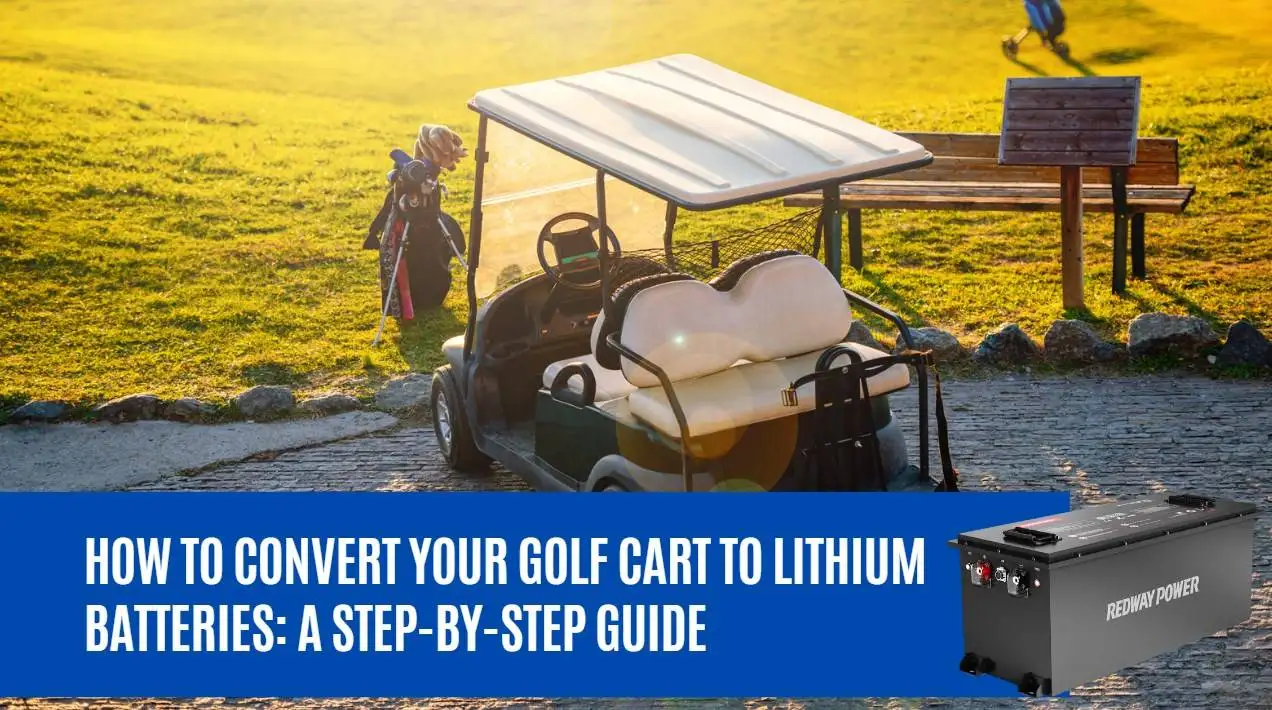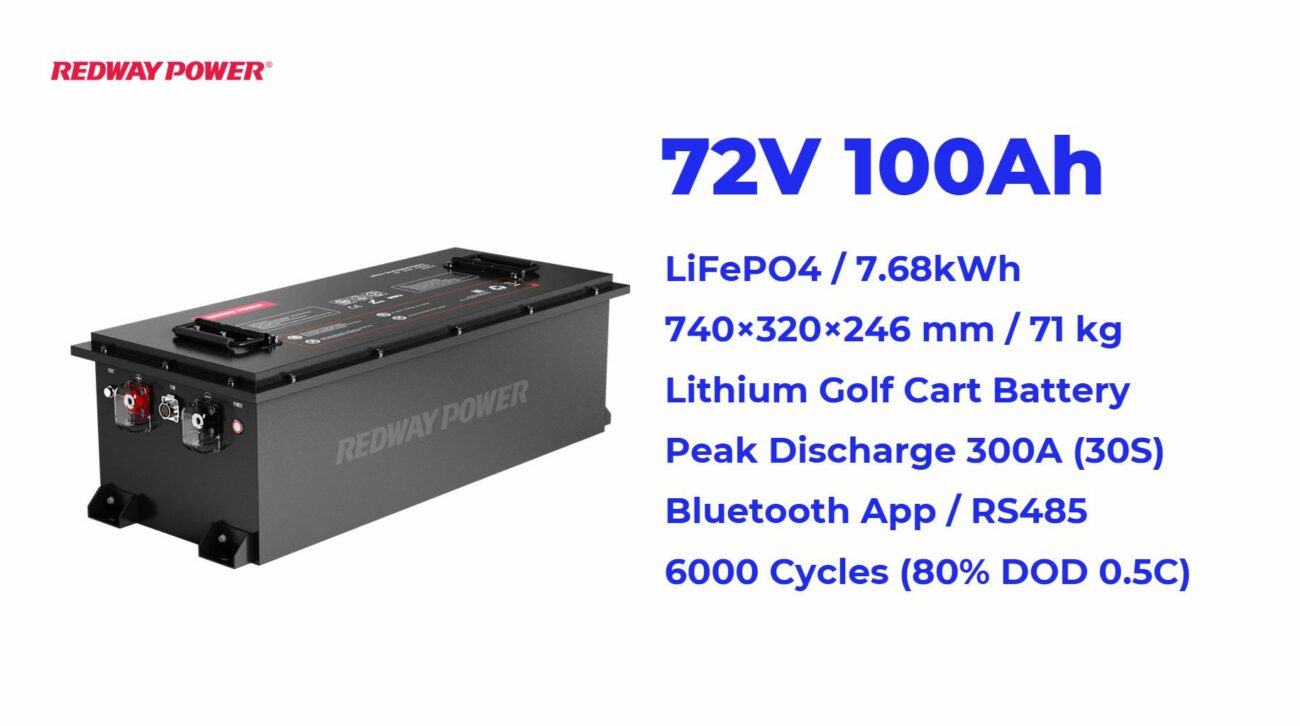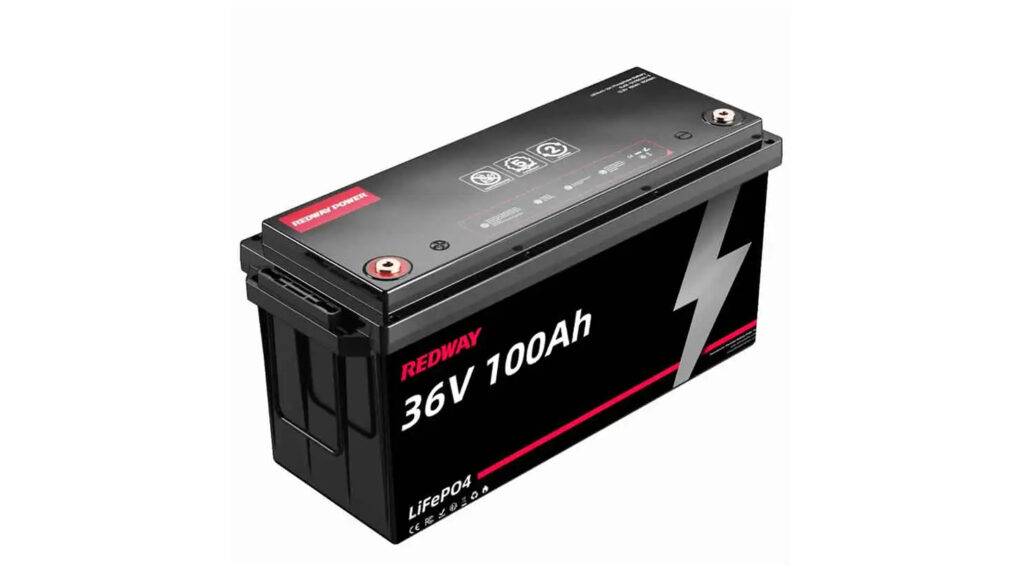Choosing the right lithium-ion golf cart battery is critical for ensuring optimal performance, extended lifespan, and reliability in your golf cart. When investing in a battery, particularly one backed by a 10-year warranty, several crucial factors must be considered to make an informed decision. This comprehensive guide will delve into the essential aspects of selecting the best lithium-ion golf cart battery, emphasizing key elements such as battery type, capacity, compatibility, safety features, and warranty. We will also cover additional considerations including efficiency, temperature range, cycle life, and customization options.
Understanding Lithium-Ion Battery Types
When selecting a lithium-ion battery for your golf cart, understanding the various battery types available is paramount. The main types of lithium-ion batteries are:
- Lithium Iron Phosphate (LiFePO4): Known for its safety, long cycle life, and thermal stability, LiFePO4 batteries are a popular choice for golf carts. They offer a high discharge rate and can handle high temperatures better than other lithium-ion types.
- Lithium Cobalt Oxide (LiCoO2): This type provides high energy density but is less commonly used in golf carts due to its lower thermal stability and shorter lifespan.
- Lithium Manganese Oxide (LiMn2O4): Offering a balance between performance and safety, this type has a moderate energy density and is suitable for golf carts requiring a balance between capacity and safety.
Each type has its unique advantages and drawbacks, so it’s important to select one that aligns with your golf cart’s requirements and usage conditions.
Determining Battery Capacity
Battery capacity is a crucial factor that influences the performance of your golf cart. Capacity is measured in ampere-hours (Ah) and determines how long the battery will last on a single charge.
- Higher Capacity: Batteries with higher capacity (e.g., 100Ah or above) provide extended usage time and are ideal for longer golf courses or frequent use.
- Lower Capacity: For occasional use or shorter courses, a lower capacity battery (e.g., 50Ah to 75Ah) may be sufficient and more cost-effective.
Ensure that the battery you choose matches the power needs of your golf cart to avoid underperformance or overloading issues.
Ensuring Compatibility
Compatibility with your golf cart’s make and model is essential. Not all lithium-ion batteries fit every golf cart, so consider the following:
- Physical Dimensions: Verify that the battery’s dimensions match the battery compartment in your golf cart. An ill-fitting battery can cause installation issues and affect performance.
- Voltage: Ensure that the battery voltage is compatible with your golf cart’s electrical system. Most golf carts use either 36V or 48V systems.
- Connector Types: Check the connector types and ensure they match with your golf cart’s wiring. Some batteries may require specific adapters or modifications.
Evaluating Safety Features
Safety is a top priority when choosing a lithium-ion golf cart battery. Look for batteries equipped with the following safety features:
- Battery Management System (BMS): A super smart BMS regulates charging and discharging, protecting the battery from overcharging, over-discharging, and short circuits.
- Thermal Management: Effective thermal management systems prevent overheating and ensure the battery operates within safe temperature ranges.
- Overcurrent Protection: Ensures the battery does not exceed its maximum current limits, preventing potential damage or hazards.
- Fire-resistant Enclosures: High-quality batteries come with fire-resistant cases to enhance safety.
Checking Warranty Terms
A 10-year warranty is a significant commitment from the manufacturer and indicates confidence in the battery’s durability. When reviewing warranty terms, consider:
- Coverage: Ensure the warranty covers defects in materials and workmanship. Some warranties may also cover performance issues or capacity degradation.
- Conditions: Understand the conditions under which the warranty is valid. This includes proper installation, maintenance requirements, and usage conditions.
- Claims Process: Review the process for filing a warranty claim and any associated costs or requirements.
Assessing Efficiency and Temperature Range
Efficiency and temperature range impact the performance and longevity of your battery.
- Efficiency: Look for batteries with high energy efficiency to maximize the range and performance of your golf cart.
- Temperature Range: Choose a battery that performs well across a wide temperature range. Extreme temperatures can affect battery performance and lifespan.
Evaluating Cycle Life
Cycle life refers to the number of charge and discharge cycles a battery can undergo before its capacity significantly deteriorates. Lithium-ion batteries typically offer a longer cycle life compared to traditional lead-acid batteries.
- High Cycle Life: Opt for batteries with a cycle life of at least 2000 cycles to ensure longevity and reduce the need for frequent replacements.
Exploring Customization Options
Some manufacturers offer customization options for lithium-ion golf cart batteries, allowing you to tailor the battery to specific needs. Options may include:
- Custom Sizes and Shapes: For unique battery compartments or specialized applications.
- Customized Voltage and Capacity: To match specific performance requirements.
- Enhanced Features: Such as integrated chargers or advanced BMS configurations.
Frequently Asked Questions
1. How long does a lithium-ion golf cart battery last?
Lithium-ion golf cart batteries typically last between 8 to 10 years, depending on usage, maintenance, and environmental conditions.
2. Can I use a lithium-ion battery with my existing golf cart charger?
Not all golf cart chargers are compatible with lithium-ion batteries. Verify compatibility with the manufacturer or consider a dedicated lithium-ion charger.
3. How do I maintain my lithium-ion golf cart battery?
Regularly clean the battery terminals, avoid deep discharges, and store the battery in a temperature-controlled environment to prolong its life.
4. What should I do if my battery fails?
Consult the manufacturer’s warranty terms for guidance on claims. Most manufacturers provide support for troubleshooting and replacement.
Conclusion
Selecting the best lithium-ion golf cart battery involves careful consideration of several factors, including battery type, capacity, compatibility, safety features, and warranty. By focusing on these key aspects, you can ensure that your battery provides reliable performance, longevity, and optimal efficiency. A well-chosen battery, especially one with a 10-year warranty, will enhance your golf cart experience and offer peace of mind.









